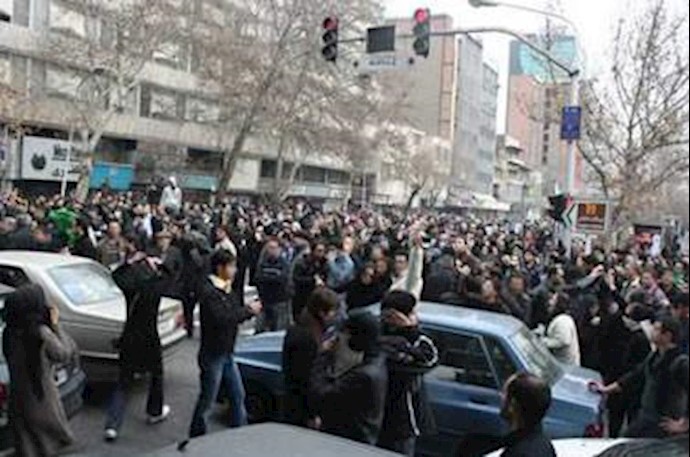Omid Memarian
McClatchy Washington Bureau San Francsico, Jan. 23, 2010
– Now that Tehran has formally rejected key elements of a deal that that would have ended the standoff over its nuclear development, the question is whether the West will follow through on its threat to impose stricter economic sanctions against Tehran.
And, perhaps more important, will new sanctions be any more effective than those imposed in the past? President Mahmoud Ahamdinejad has been very clear about his country’s position on sanctions in recent years. In September 2008, he said, “World powers can pass U.N. sanctions resolutions for 100 years without deterring Iran from its nuclear ambitions.” In recent weeks, he has reiterated that stand, saying that, “They issued several resolutions and sanctioned Iran … They think these things will bring Iran to its knees but they are mistaken.”
The simple fact is that the condition of the economy has never played a major role in the minds of Iranian leaders or in Iran’s national security equation.
Still, three rounds of U.S.-imposed sanctions, coupled with widespread mismanagement of the economy by the current administration, have resulted in double-digit inflation, high unemployment and a stagnant economy.
In fact, soon before the June 12 presidential election, many of Ahamdinejad’s supporters believed that the time had come to negotiate with the United States about Iran’s nuclear program. After all, as a hardliner trusted by Supreme Leader Ali Khamenei, Ahamdinejad was in a perfect position to open lines of communication with the “Great Satan.” The protests that followed Ahamdinejad’s disputed re-election changed all that.
With protesters in the streets not only challenging the government’s legitimacy but even the Supreme Leader’s authority, anti-American and anti-Western sentiment again became a cornerstone of domestic policy.
Iran accused the United States and Britain of allegedly provoking the massive protests following the election. And by the beginning of 2010, Tehran was even accusing the Obama administration of orchestrating a car bombing that killed a prominent nuclear scientist.
Unfortunately for most Iranians, however, blaming the West will not put bread and butter on people’s plates. Even official figures show that at least 30 percent of the people live below the poverty line. The government in Tehran can no longer ignore the impact international sanctions are having on the economy.
Unfortunately for the regime, its years of defiance toward the West and its reckless behavior toward its own people have brought it to a dangerous crossroads. The government can finally decide to engage with the international community and acknowledge the demands of its own people – moves it fears could lead to its collapse.
Or it can continue to ignore calls for political reform and an end to the economic crisis. By doing so, however, it risks giving rise to even further political unrest that could topple the current regime.
In fact, it was just that type of dilemma that brought about the collapse of the Shah’s regime in 1979.
Omid Memarian is an Iranian reporter in San Francisco who writes for The Institute for War & Peace Reporting, a nonprofit organization that trains journalists in areas of conflict.








